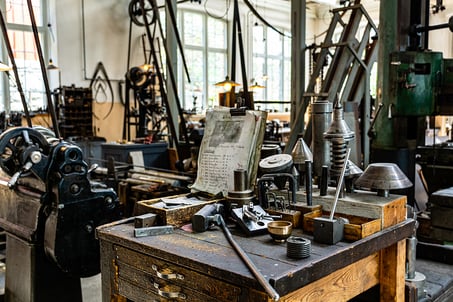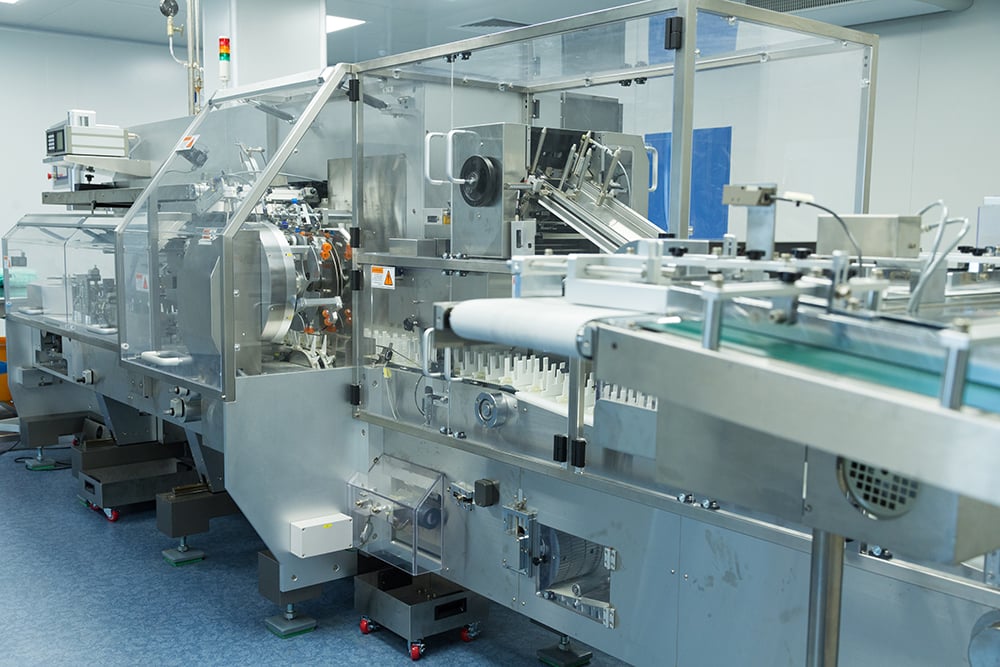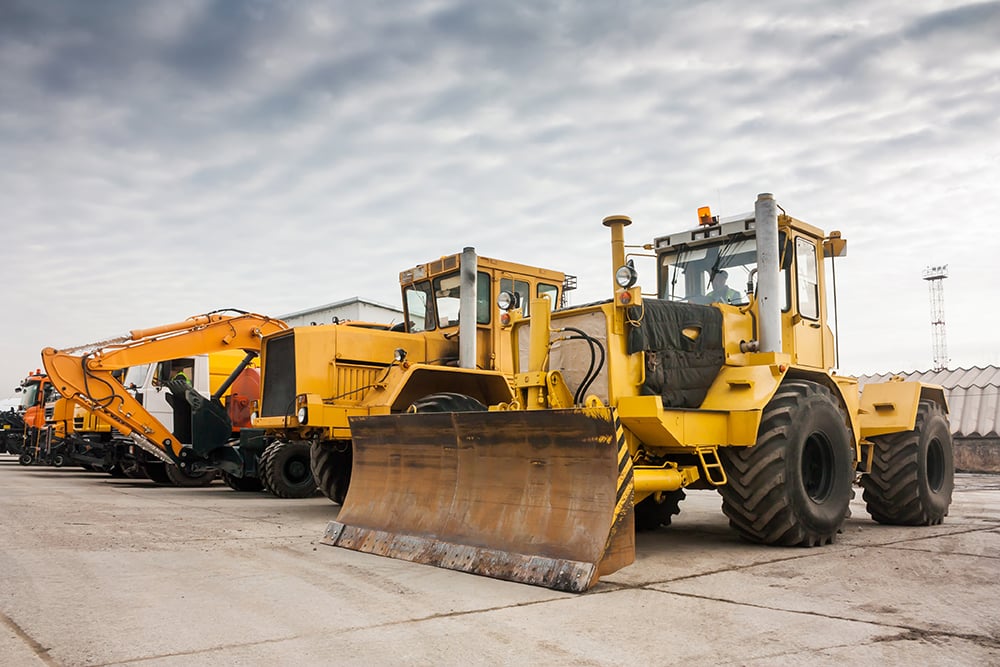
After almost 40 years of working in the machinery and equipment markets, I find it fascinating how so much has changed but many things remain the same. Whether it involves financing and leasing, asset management, buying and selling, or independent valuation, the methodologies and mechanics of these industry sectors working together to be successful have been consistent for decades.
From an appraisal perspective, you don’t need to be an expert in any one type of market or industry to estimate value effectively. The principles and methodologies learned and practiced within the M&E appraisal profession do not change as the asset types vary. Gaining experience and developing a sound and supportable technique for appraising is the key to becoming a well-regarded appraiser.
Here are a couple of topics to think about that might help you along the way as you continue to develop your valuation skills and expertise:
Initial Information Gathering:
Obtaining the details behind the equipment you are appraising is a critical first step in providing a credible appraisal. Variables such as the year, make, model, serial number/VIN, hours/mileage, original cost, and any relevant specifications and documentation are all important to obtain. Communicate with the current owner to gain a basic understanding of the history of the machinery and gather any detailed itemized listings and support data that might be available.
Gather a Broad List of Sources
During the research process, try not to put too much weight on any one source when it comes to estimating value. Multiple perspectives from varied market sources can provide you with a balanced amount of information that you can review to ultimately form your own opinion. Remember that this is your appraisal, not simply a parroted version of someone else’s.
Don’t Rely on One Approach
From my experience, it is beneficial to consider and weigh the appraisal from both the Cost Approach and Sales Comparison Approach. Regardless of how much resale data might be available for any piece of equipment, it is also beneficial to understand the new replacement cost, useful life, and typical market levels of depreciation and obsolescence that occur with machinery and equipment. Combining the elements of both approaches can create a check and balance type system for your analysis and provide a sanity check to all the data gathered.
Like anything else in life, experience is gained by doing, and each year you can continue to hone your skills to become a better equipment appraiser.





